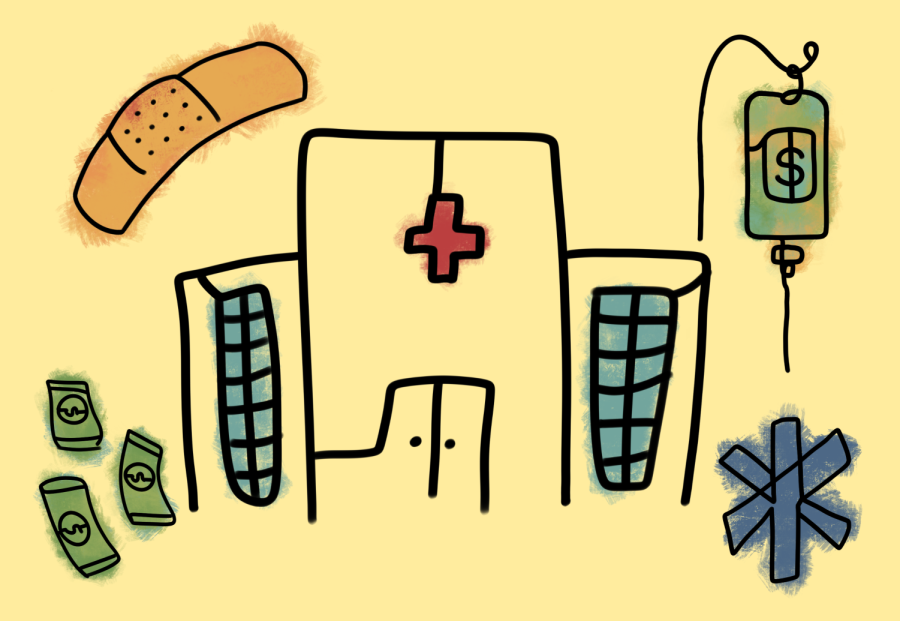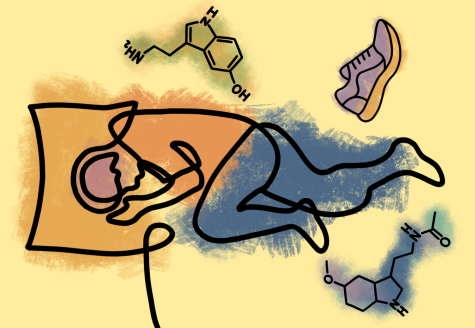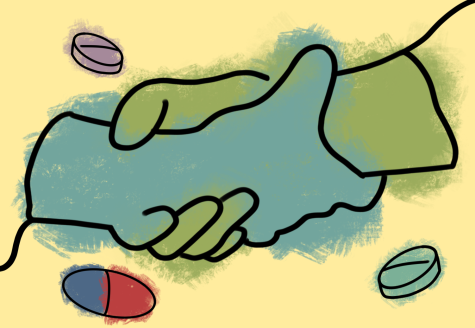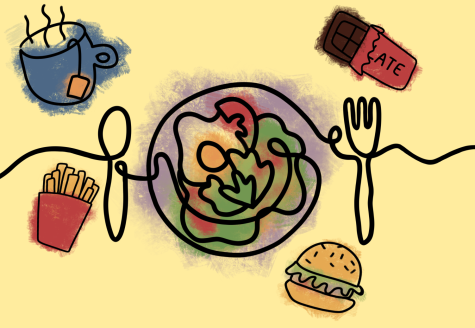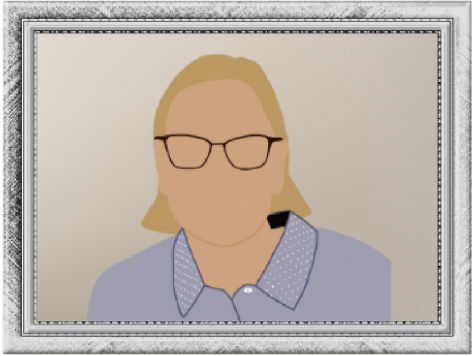Health: The overlooked impacts of poverty
Money makes the world go round. While it may be an unfortunate truth, one thing we know for sure is that poverty can have a devastating impact on one’s health. When people live in poverty, they often lack access to basic necessities like healthcare, healthy food and safe living conditions. As a result, they are more likely to experience a range of health problems that can be difficult to overcome.
One of the most significant ways that income affects health is how it limits access to healthcare. Health insurance can be prohibitively expensive, making it difficult for people living in poverty to afford regular check-ups and preventive care. This means that minor health issues may go untreated, leading to more serious and costly health problems down the line. Moreover, without access to healthcare, many people may not receive important medical screenings that can detect serious health conditions in their early stages.
Healthy food options also become scarce while living in poverty. Many low-income individuals and families live in “Food deserts,” where access to fresh and nutritious options are extremely limited. This pushes them to rely on unhealthy fast food options or pre-packaged meals, which can contribute to obesity, diabetes and other health problems.
Income also limits access to safe and reliable transportation, creating difficulty when traveling to medical appointments or getting to safe places to exercise. This can contribute to an inactive lifestyle, possibly leading to weight gain and a range of health problems.
So, what can we do to address these issues and help improve the health of low-income individuals and families? One approach is to invest in programs that strive to increase access to health resources and facilities. This could involve expanding government-funded health insurance programs, as well as supporting initiatives that provide affordable fresh food options and safe parks and playgrounds in low-income neighborhoods.
Another solution is to address the root causes of poverty itself. Investing in education and job training programs can help to provide people with the skills and knowledge needed to secure stable, well-paying jobs that offer access to healthcare and other important resources. Reforming social safety net programs can also help to provide a safety net for those who are struggling to make ends meet.
It is important to remember that poverty is not just an individual problem but a systemic issue that requires systemic solutions. By working together to address poverty and its effects on health, we can create a more just and equitable society for all.
In the meantime, there are things that we can all do to help support the health and well-being of those who are struggling with poverty. Volunteering at food banks or community gardens can help to provide access to fresh and healthy food options. Donating to organizations that provide healthcare services to low-income individuals, such as The HealthWell Foundation, can also help to improve access to important medical care.
Ultimately, we all have a role to play in addressing the link between income and health. By taking action to support the health and well-being of low-income individuals and families, we can help to create a healthier, more equitable society for all.



